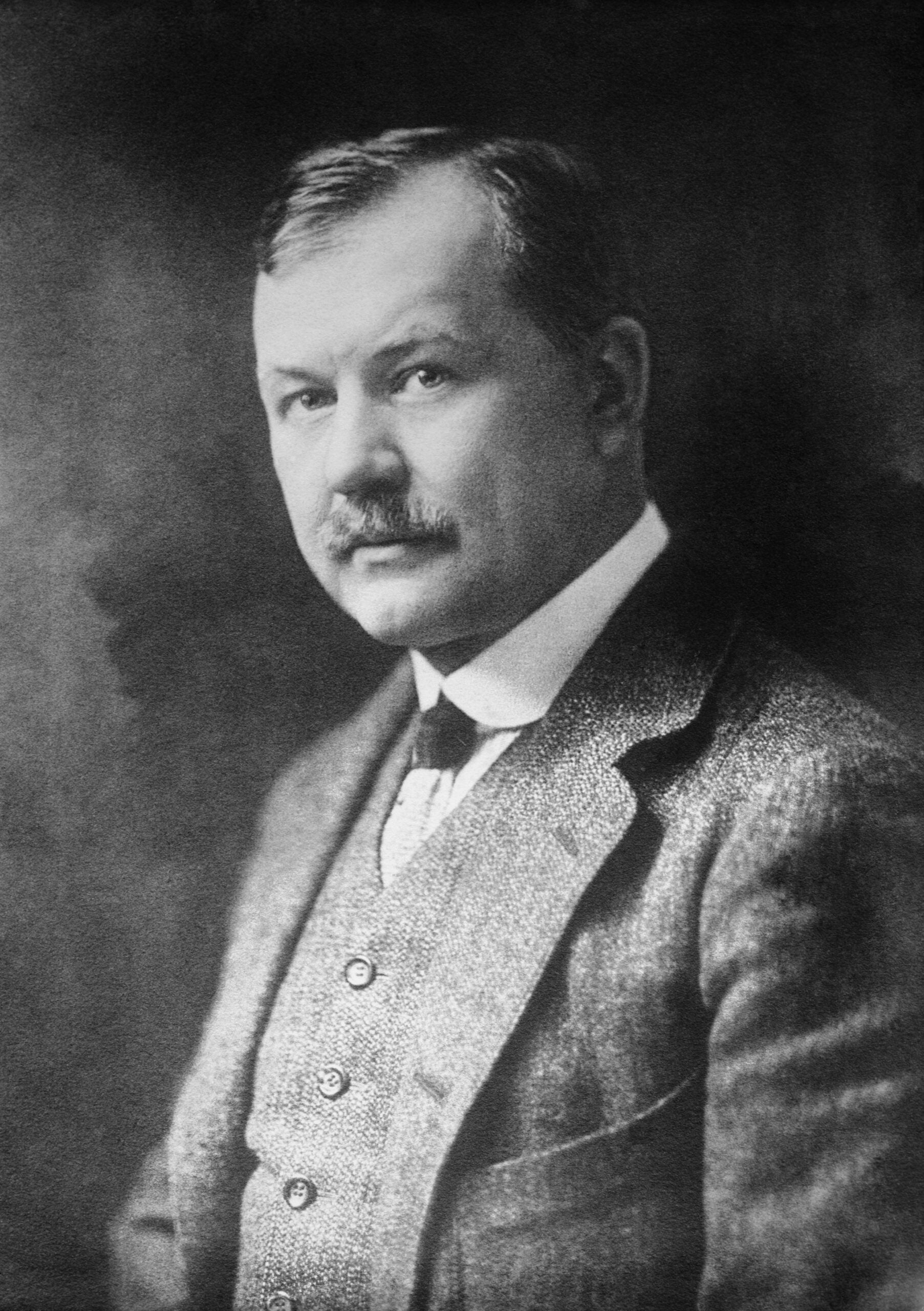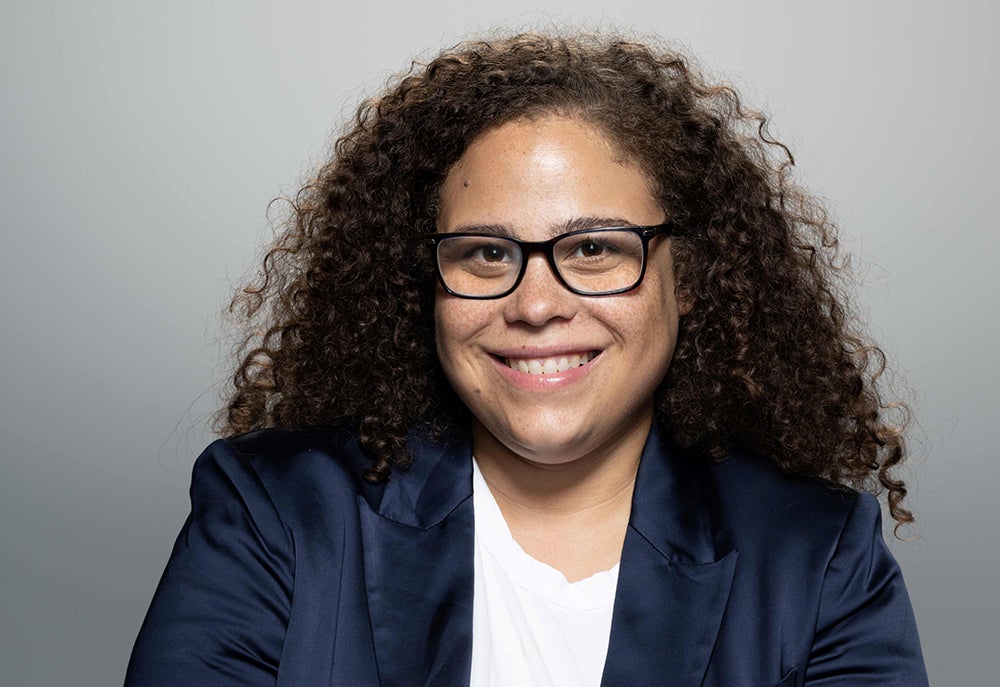In June 1907 Franz Lehár had a good reason to be nervous about the London debut of his operetta The Merry Widow. Too late, he had found out that the male lead couldn’t sing.
The casting for the performance had been a gamble by London producer George Edwards, who had chosen a popular comic actor named Joe Coyne for the part of Danilo. During the rehearsals Edwards had kept Coyne’s inability to sing a secret from Lehár by saying that the actor had a bad cold and needed to preserve his voice for the performances. And so a skeptical Lehár had settled for hearing Coyne speak all of his songs.
Many in the audience were used to bold, handsome leading men. When the curtains parted they beheld a rather plain man ambling onstage. The expression on his round face ranged from blank to worried. The audience didn’t know what to make of it. Lehár watched with a mixture of wonder and dread, mentally comparing this Danilo with the dark, dashing, exotic lead he was accustomed to and concluded that they had nothing in common.
Stay informed on the latest news
Sign up for WPR’s email newsletter.
It was time for Coyne’s first song — praise for the Parisian restaurant Maxim’s. Lehár conducted, Coyne spoke. But he spoke in perfect time to the music and so effectively that the audience was charmed.
As the operetta went on it became clear that there was something magical between the two lead characters, Coyne as Danilo and the alluring Lily Elsie as Sonia. The slow waltz they danced was such a hit that the two had to repeat it over and over. By the time Danilo finally spoke the long awaited “I love you,” the crowd was completely won over and the London debut of The Merry Widow was a triumph.
George Edwards’ daring gamble had paid off, thanks to a trick, some showbiz magic, and the music of Franz Lehár.
Wisconsin Public Radio, © Copyright 2024, Board of Regents of the University of Wisconsin System and Wisconsin Educational Communications Board.


